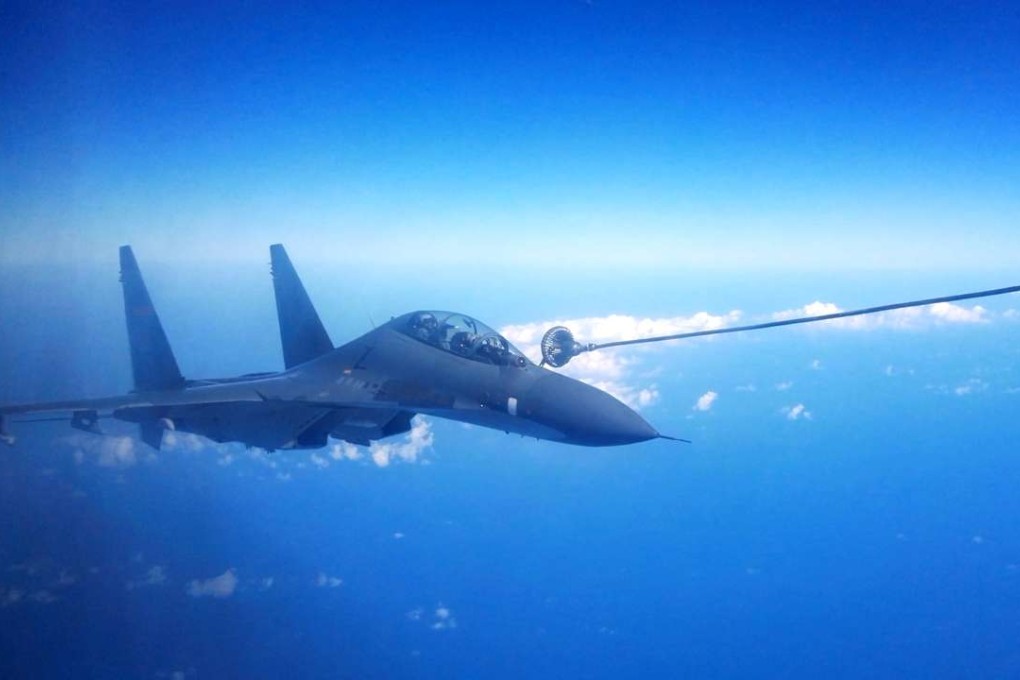How Trump’s Taiwan gambit could suck Japan, Korea into a war
If a crisis is to break out in the Taiwan Strait, its long shadow will not be confined to the strait

Cross-strait ties and the US-China-Taiwan relationship had, until recently, been a rare bright spot in the increasingly conflicted security dynamics of the Asia-Pacific region. For the past half-decade or more, cross-strait ties have kept on an even keel, even as tensions spiralled dangerously on the Korean Peninsula and episodically in the East and South China Seas.
Judging by the early inclinations of Donald Trump, that period of calm may be coming to an abrupt end as he publicly questions the need for the US to hew to its “one-China” policy. Trump is surrounded by a set of iconoclastic advisers, some of whom have long sought a loosening of the one-China policy that has been both the foundation of the establishment of diplomatic relations between Beijing and Washington and the principal obstacle to expanding democratic values-based strategic ties with the government in Taipei. As much as one might consider Trump’s views as being part of a familiar pattern of semi-ignorant, off-the-cuff remarks, they tap into much deeper intellectual roots within minority sections of Washington’s Republican Asia policy establishment.
How a snub of the one-China policy almost led Beijing and US into war in the 1990s
If a US-fomented political crisis is to break out in the Taiwan Strait under Trump, its long shadow will not be confined to the strait. Were this crisis to degenerate into a three-cornered outbreak of hostilities, it could extend and envelop the whole East and North East Asian region, too.
In an ironic twist, it was the North Korean attack across the 38th parallel in 1950 that galvanised the Truman administration to reverse its policy of non-interference in the Chinese civil war and dispatch the Seventh Fleet into the Taiwan Strait. That fleet continues to remain the core deterrent to China’s cross-strait military ambitions.

The provocation and outbreak of hostilities in the Taiwan Strait today, equally, will invite a political reaction by China in favour of Pyongyang – compounding an already tense and combustive action-reaction chain of behaviour on the peninsula. China’s more sophisticated military capabilities makes such war contingency planning an extremely hazardous task, both on the peninsula and in the strait.
